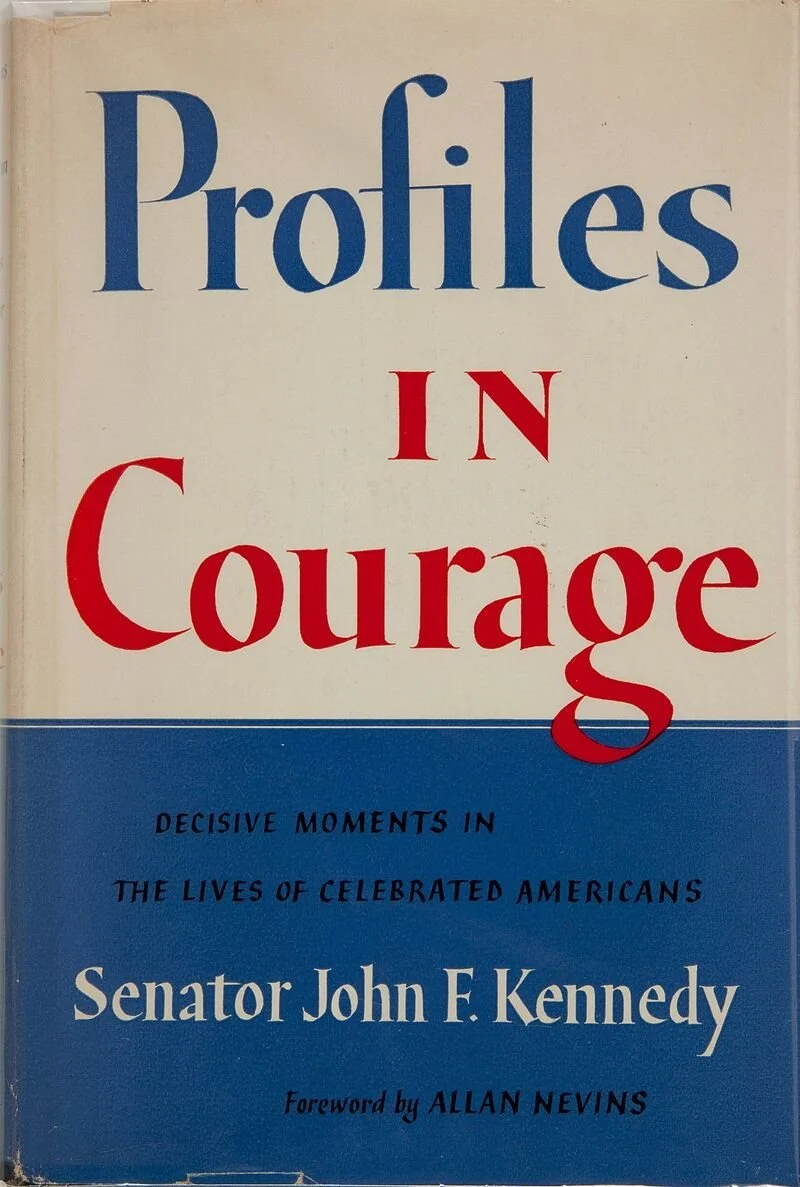Can We Be Profiles in Courage?
Otis Fulton, PhD and I have written often about how situation is stronger than disposition when it comes to shaping behavior. Disposition is who you are—the values you hold, the principles you say you live by. Situation is what you’re standing in—the forces pushing and pulling on you in the here and now.
If you’ve ever read Profiles in Courage, you’ve seen rare instances where disposition wins. The book highlights elected officials who risked careers, relationships, and in some cases, their lives to act on conscience. It’s not a thick book, because that kind of courage doesn’t show up every day. Liz Cheney stood up to a party she once led. That’s courage. Mitch McConnell sat back down when history called. That’s not.
In our sector, we love to talk about “the mission." But in moments like this—when the entire federal government seems to be turning its back on science, truth, and collective progress—mission talk can become a kind of camouflage. Are we still working for our missions, or are we just working to stay out of trouble?
The people I talk to—leaders of national research nonprofits—are shell-shocked. Their strategic plans are now historical documents. And in that vacuum, the gravitational pull of the situation is strong: stay still, stay quiet, play the long game. But here’s the problem: the long game just got cancelled.
So now we’re back to that question that reveals character: What will I do? Will I let the situation decide for me? Will I watch and wait while everything I believe in gets dismantled? Or will I act in accordance with the values I claim to hold?
Because here’s the truth: mission isn’t a statement, it’s a stance. And when the situation turns hostile to what we know is right, we don’t need more planning—we need more courage.
As Otis says, “We like to believe our values shape our actions, but in reality, it’s the situation that usually wins. The only way to flip that script is to act—deliberately, vocally, and collectively—when silence would be easier. That’s how we re-center integrity in our work, and in ourselves.”

